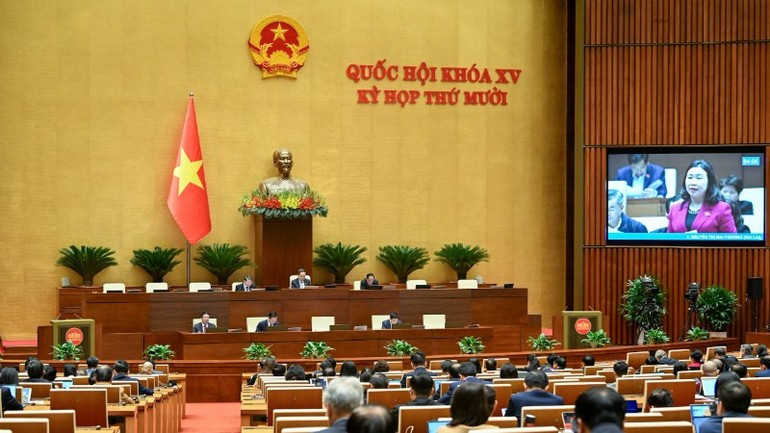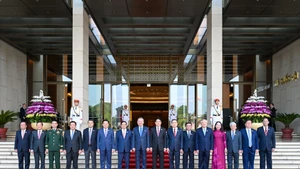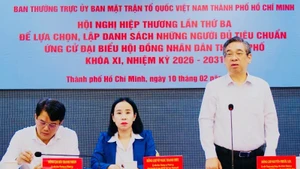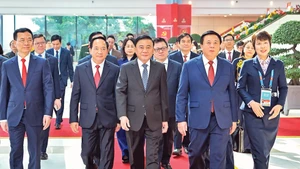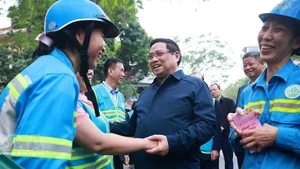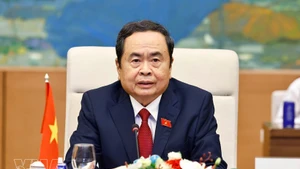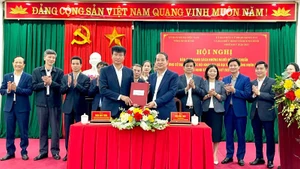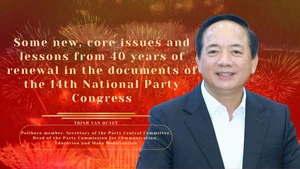Commenting on the revised Personal Income Tax Law, deputy Pham Van Hoa from Dong Thap province agreed with a proposal to tax profits from gold bar trading and speculation, but called the suggested 0.1 % tax rate “insignificant”. He urged a review to ensure the tax effectively curbs market-destabilising hoarding while recommending careful consideration of whether households buying gold for savings, inheritance or emergencies should be taxed.
Personal income tax treatment for business activities drew broad attention from legislators. Deputy Hoang Van Cuong from Ha Noi said for sellers and agents, a revenue threshold should be at least 1.5 billion VND (57,600 USD), equivalent to a profit margin of roughly 20% to reach a taxable income of over 260 million VND. For service providers with lower input costs, he advocated a minimum of 500 million VND, while for production and general business activities, no less than 1 billion VND was suggested.
On the amended Law on Tax Administration, Cuong noted that household businesses would be required to file declarations under the draft. He pointed out that the Government now has a policy to support household businesses using electronic cash registers, enabling tax authorities to collect full data on revenues and issue annual tax notices, removing the need for households to self-report.
Deputy Nguyen Tam Hung from Ho Chi Minh City voiced strong support for a comprehensive overhaul of the law to secure sustainable budget revenue, foster a transparent and fair business environment, enhance risk management and speed up digital transformation.
Hung agreed that empowering the Government to extend tax payment deadlines in exceptional circumstances was appropriate but cautioned that the current wording was “excessively broad and open to interpretation”. He recommended clearly defining what constitutes an exceptional circumstance, such as macroeconomic shocks, natural disasters, epidemics, supply chain crises, or specific stabilisation mandates authorised by the legislature.
